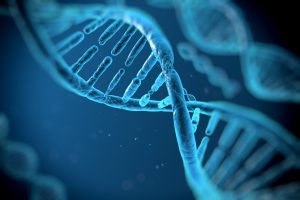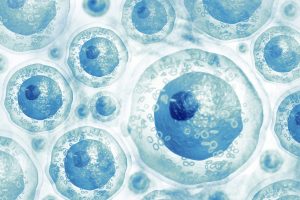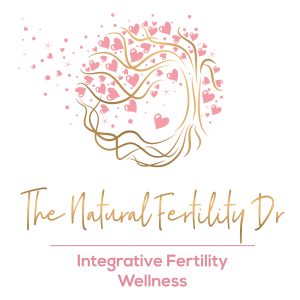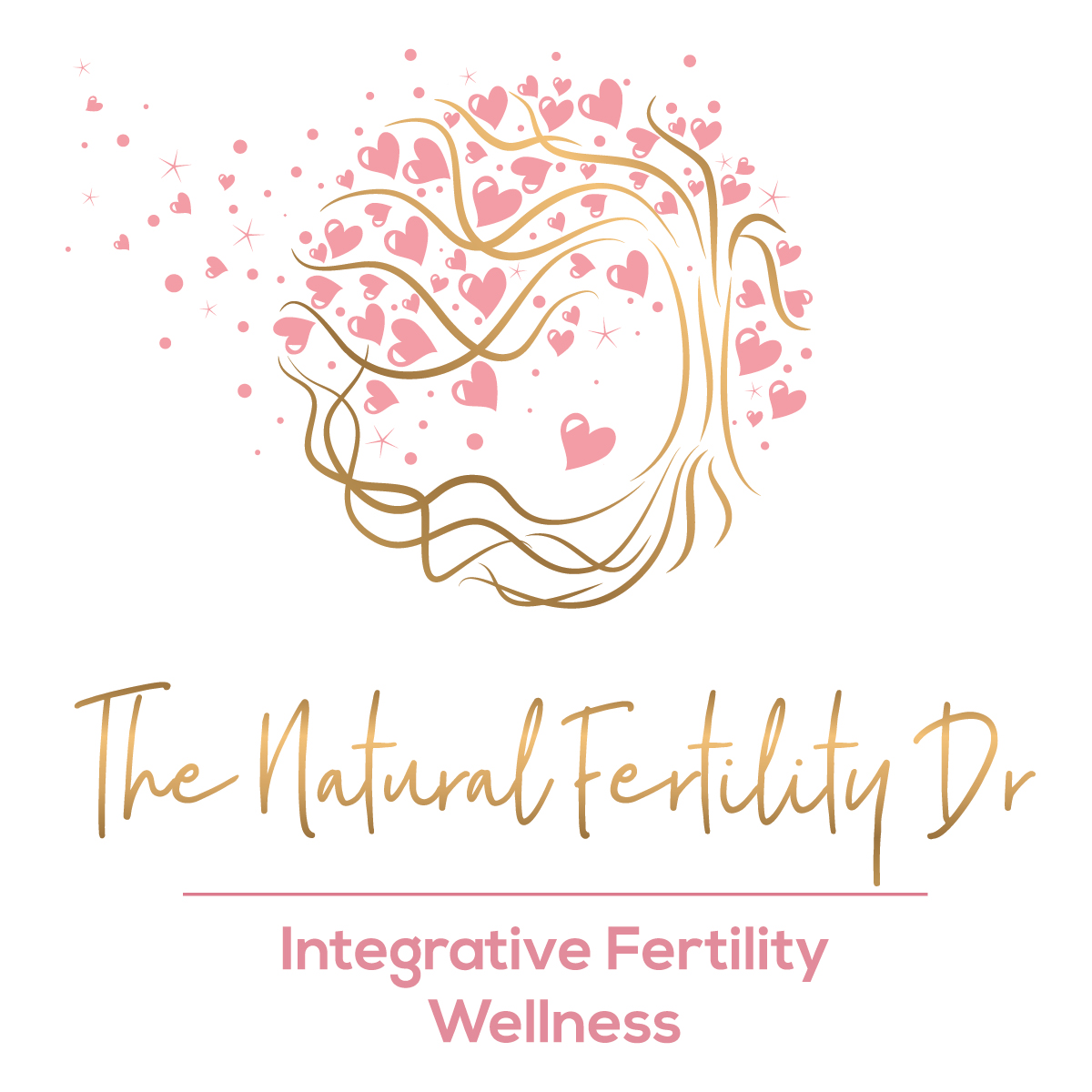What WE Help With
Healing your mind and reproductive body through Integrative medicine.
Suzanne Gozdanovic
I came to Heather after 3 miscarriages, a chemical pregnacy, 2 failed IUI's and 1 failed round of IVF embryo transfer. She listened with empathy and helped to ease my mounting anxieties with her years of knowledge and experience. We drafted a plan for my next embryo transfer which included herbs, supplements and Acupuncture. Our next round of IVF took, and nine months later we received our miracle baby girl Mila! I believe it was Heather's expertise and calm demeanor that helped me throughout this fertility process and my pregnancy to achieve this outcome. I can't thank her enough!!
Articles

MTHFR and Your Fertility
MTHFR & your fertility Discover how MTHFR may be affecting you’re fertility. By Dr Heather Reagan D.A.O.M I’m sure many of you have

HEALTHY EGGS = HEALTHY BABIES
Healthy Eggs=Healthy Babies Creating healthy eggs for generations of babies to come. By Dr Heather Reagan D.A.O.M We are born with about 300,000 eggs, and

Your mind on fertility
Your mind on fertility Increase your fertility by connecting your reproductive mind and body through Neuroendocrinology, Neuroscience, Quantum Physics and Epigenetics. By Dr Heather Reagan

